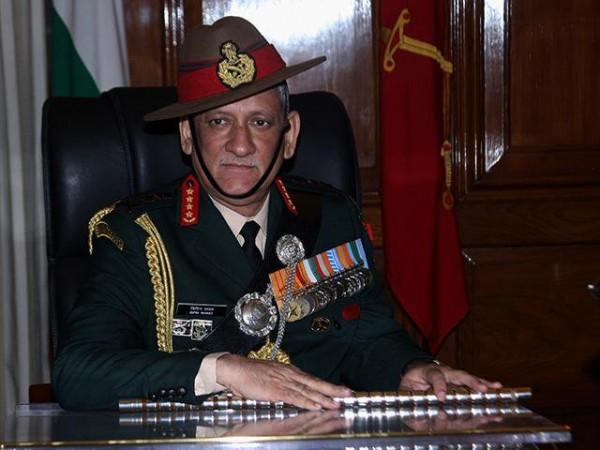
It's just been only a day since the Doklam standoff ended, with both India and China agreeing to withdraw their troops from the plateau — a remote region in western Bhutan — after nearly two months.
Now, the Indian foreign ministry on Tuesday said Prime Minister Narendra Modi would be in Xiamen, China, from September 3 to 5 to attend a BRICS summit — a meeting of the leaders from Brazil, Russia, India, China, South Africa.
"At the invitation of the President of People's Republic of China, Prime Minister Narendra Modi will visit Xiamen in China's Fujian province during September 3-5, 2017 to attend the 9th BRICS Summit," a statement from the foreign ministry read.
External Affairs Ministry spokesperson Raveesh Kumar had given no clear information a month ago on whether Modi would attend the summit.
China too had evaded the question on Modi's visit. "All the preparatory work for the summit is advancing in an orderly way. We are almost ready," Chinese foreign ministry spokesperson Hua Chunying had been quoted by PTI as saying.
With regard to the Doklam issue, neither New Delhi nor Beijing had disclosed the conditions under which they withdrew their troops. However, sources claimed the Indian Army had withdrawn its soldiers after Chinese People's Liberation Army had agreed to stop the construction of a road in Doklam plateau, for now.
After Doklam, the focus now shifts to what lies ahead for India-China relations, which have been stable at times and rocky at other times.
India's NSG entry
One thing to look out for now would be China's stand on India's entry to the Nuclear Suppliers Group (NSG).
Despite India's determined efforts, China has been opposing the move by demanding that new members must be signatory to the nuclear Non-Proliferation Treaty (NPT), and if the groupings rules are changed, then Pakistan should also gain entry.
India refused to sign the NPT calling it "discriminatory" because it acknowledges only those countries that had nuclear explosive devices before 1967 as nuclear nations, whereas India conducted its first nuclear explosion in 1974 followed by another in 1998.
Pakistan-supported terrorism
Though China often vows to fight terrorism, its words often do not reflect in actions. Despite multiple pieces of evidence linking Pakistan to extremist activities, China continues to defend Islamabad.
China also blocked India's bid to list Pakistan-based Jaish-e-Mohammad (JeM) chief Masood Azhar as a terrorist by the United Nations. Azhar is an accused in the Parliament attack as well as the attack on the Pathankot air base.

Even otherwise, China is well aware of Pakistan's closeness to terror groups which is evident from this statement by Chinese foreign ministry as quoted by Afghanistan President Ashraf Ghani's office: "Pakistan has influence on the Taliban and would ask the country to use its influence on the Taliban."
More Doklams?
Indian Army chief General Bipin Rawat recently said incidents like the Doklam stand-off were likely to "increase" in future. China is attempting to alter the 'status quo' over the border, he said. The disputes are due to varying perceptions on the alignments of the Line of Actual Control (LAC), the chief added.
"Transgressions across Line of Actual Control do happen and sometimes they do lead to some kind of misunderstanding between the forward troops...however, we do have joint mechanisms in place to address such situations," said Rawat, as quoted by The Hindu.

India shares a 4,057 km border with China that traverses along Indian states of Jammu and Kashmir, Uttarakhand, Himachal Pradesh, Sikkim and Arunachal Pradesh. Post the Doklam standoff, India should increase its vigil further and improve its defence mechanism while maintaining a strategic diplomacy with regard to trade relations.
















